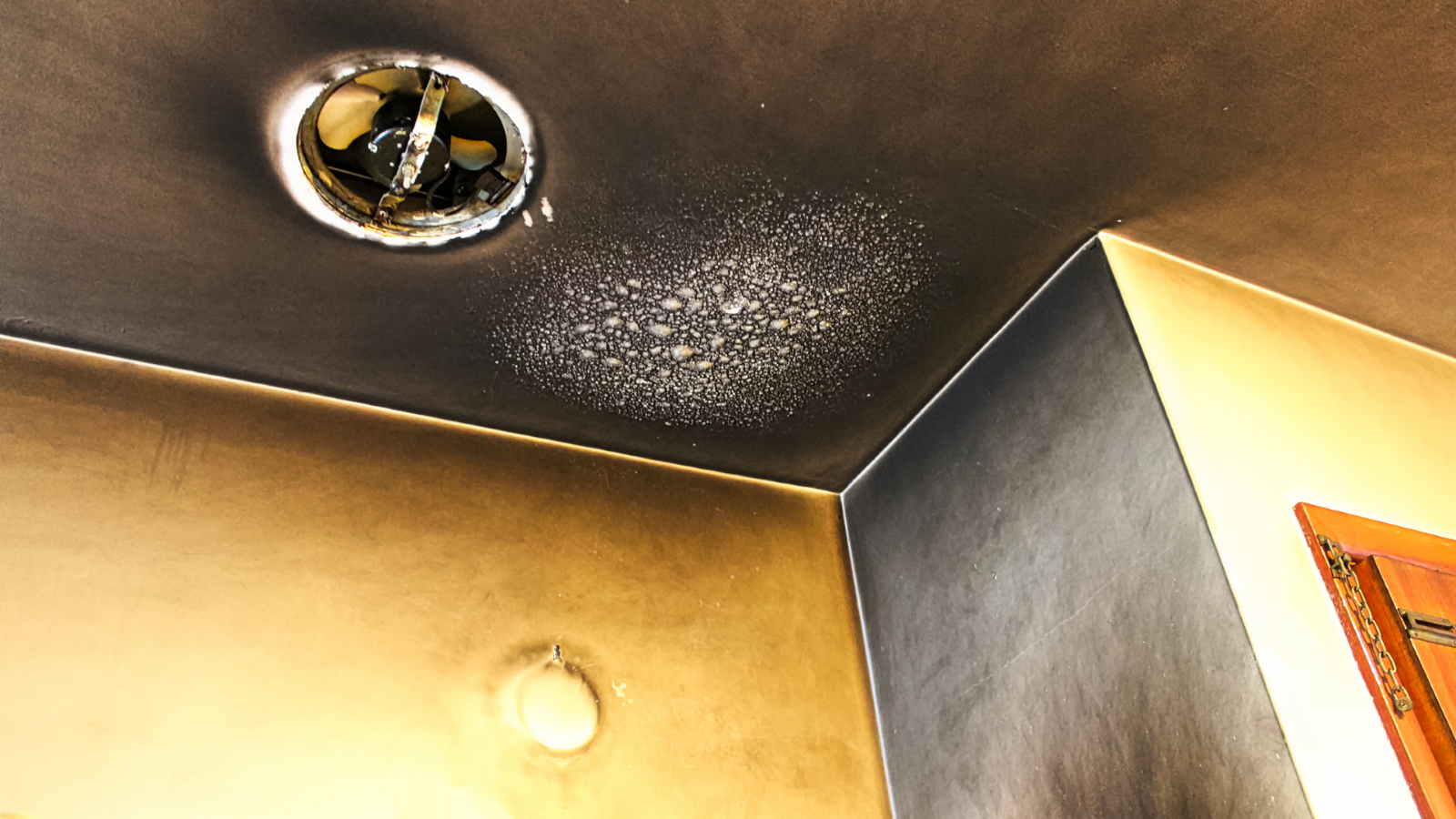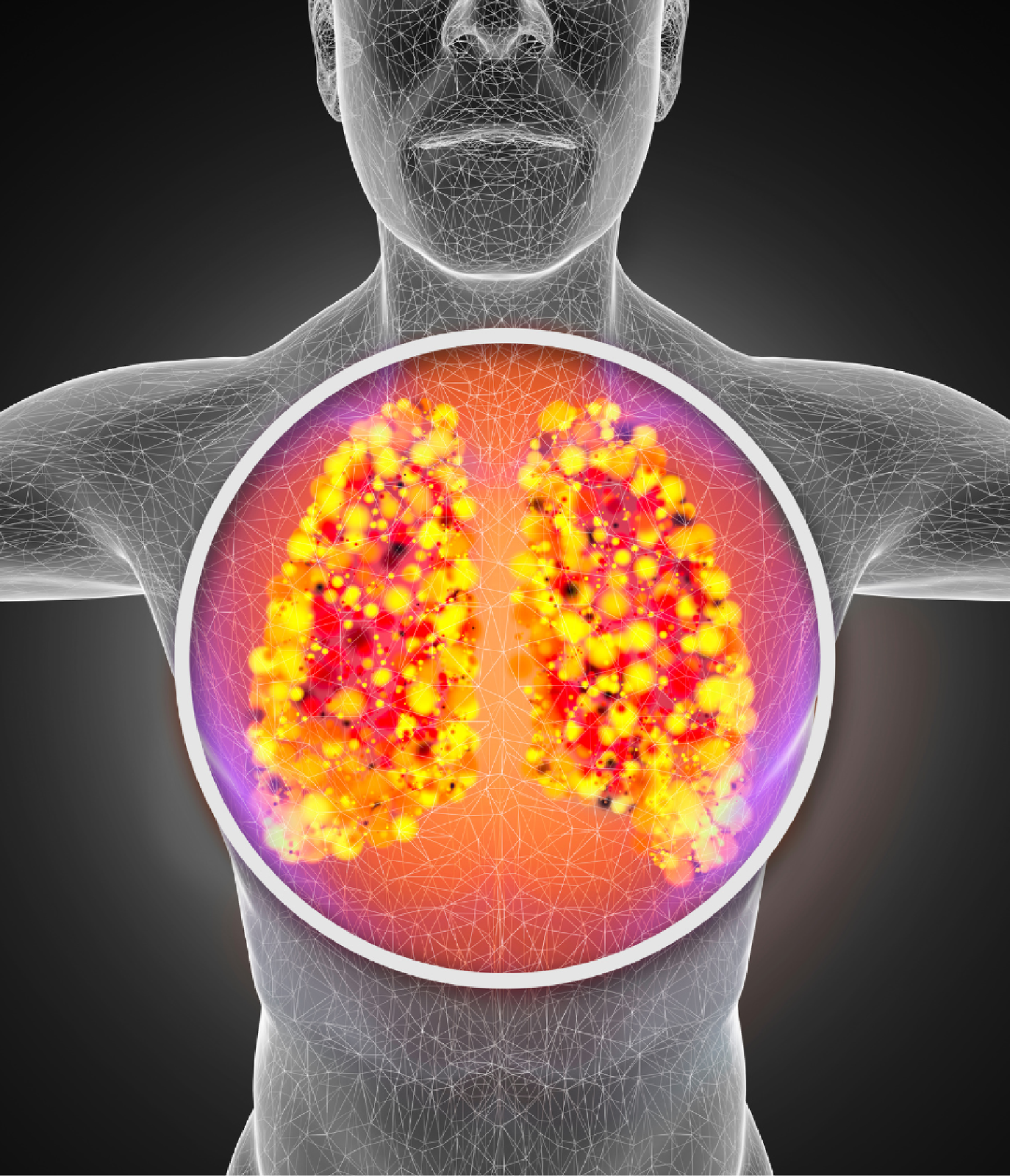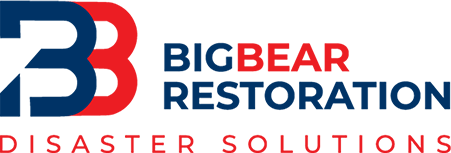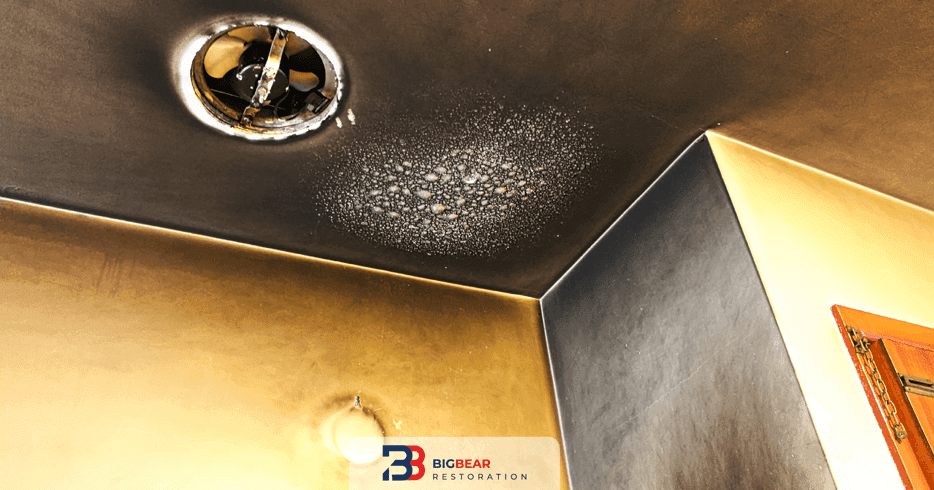Dealing with smoke damage at home is a common issue after a fire. Despite the fire being small and not widespread, the smoke can still cause significant damage to your house and possessions. Understanding the effects of smoke damage and the correct way to address it is essential in restoring your home to its condition before the fire occurred.
Understanding Smoke
Smoke is a complex combination of solid particles, liquid droplets, and gases that are produced when organic or synthetic materials undergo incomplete combustion. These materials can include wood, plastics, paper, fabric, rubber, chemicals, and other substances commonly found in homes and buildings.
The solid particles present in smoke, such as soot, are tiny airborne particles that can be inhaled and deposited in the lungs, leading to irritation and damage. In addition, smoke contains various toxic gases, including carbon monoxide, carbon dioxide, nitrogen oxides, sulfur oxides, and volatile organic compounds (VOCs), all of which can pose significant health risks.
Effects on Your Home

by Akchamczuk from Getty Images Pro
- Staining and Discoloration: Smoke leaves behind residue, often called soot, which can stain surfaces such as walls, ceilings, furniture, and fabrics. This residue can be difficult to remove and may require extensive cleaning or repainting.
- Odor: Smoke leaves a persistent and unpleasant odor that can linger in your home long after the source of the smoke has been removed. This odor can permeate furniture, carpets, curtains, and other porous materials, making it challenging to eliminate.
- Structural Damage: In severe cases, smoke can cause structural damage to your home. It can corrode metal surfaces, weaken building materials, and compromise the integrity of walls, ceilings, and other structural elements.
- Fire Hazards: Smoke residue can be highly flammable, increasing the risk of future fires if not properly cleaned and removed from surfaces.
Effects on Your Health

by Naeblys from Getty Images
Smoke in your home can have several adverse effects on your health, including:
- Breathing Problems: Inhaling smoke can irritate the airways, leading to coughing, difficulty breathing, nasal congestion, and other respiratory issues. For individuals with pre-existing conditions such as asthma, bronchitis, or chronic obstructive pulmonary disease (COPD), smoke can worsen symptoms and trigger asthma attacks or other acute respiratory problems.
- Eye and Nasal Irritation: Smoke can irritate the eyes, nose, and throat, causing discomfort such as itching, burning, redness, and tearing. These symptoms can be particularly troublesome for individuals with sensitivities or allergies.
- Headaches and Dizziness: Exposure to smoke can also cause headaches, dizziness, and nausea, especially in areas with high smoke concentration or poorly ventilated spaces.
- Worsening of Pre-existing Health Conditions: Individuals with pre-existing health conditions such as heart or lung diseases may experience worsening symptoms due to smoke exposure. Smoke can increase blood pressure, cause cardiac arrhythmias, and make breathing more difficult, posing a risk to those already dealing with health issues.
- Toxicity from Hazardous Gases: Smoke contains various toxic gases, including carbon monoxide, nitrogen oxides, and volatile organic compounds (VOCs), which can be extremely harmful to health. Inhaling these gases can cause severe symptoms and even life-threatening situations.
Addressing Smoke Damage
The first step in addressing smoke damage is to contact a professional restoration company. They have the expertise and equipment to assess the damage and develop a plan for restoration. They will also work with your insurance company to ensure that the damage is covered and that the restoration process is as smooth as possible.
Cleaning and Restoration
The cleaning and restoration process for smoke damage can be extensive and may involve multiple steps. The first step is to remove any debris and damaged materials from the home. Then, the restoration team will use specialized equipment to remove the smoke particles and soot from surfaces. This may include dry cleaning, wet cleaning, and air scrubbing. They will also use deodorizing techniques to eliminate the strong smoke odor.
Prevention
While it is impossible to completely prevent smoke damage in the event of a fire, there are some steps you can take to minimize the damage. Make sure to have working smoke detectors in your home and have a fire escape plan in place. It is also important to have your home inspected regularly for potential fire hazards, such as faulty wiring or overloaded outlets.
Read this article for related information about Identifying and preventing fire hazards.
Conclusion
Smoke damage at home can have a significant impact on your home and health. It is important to address it promptly and properly to restore your home and prevent further damage. By understanding the effects of smoke damage and working with a professional restoration company, you can ensure that your home is restored to its pre-fire condition. If you are in the Atlanta area and have experienced smoke damage, contact us for expert restoration services
Experts Restoration Services in Atlanta
If you suffer smoke damage in the Atlanta area, contact us for expert restoration services. Our professional restoration company has the expertise and equipment to properly assess the damage, develop a restoration plan, and work with your insurance company to ensure a smooth restoration process. Do not hesitate to reach out Big Bear Restoration for assistance in restoring your home to its pre-fire condition.


